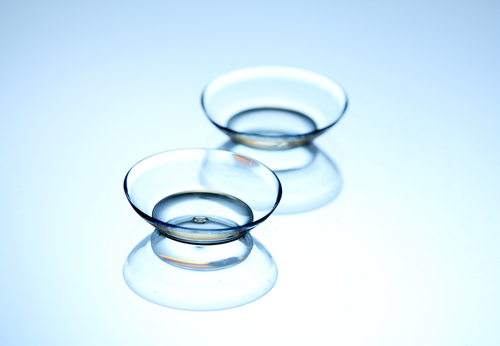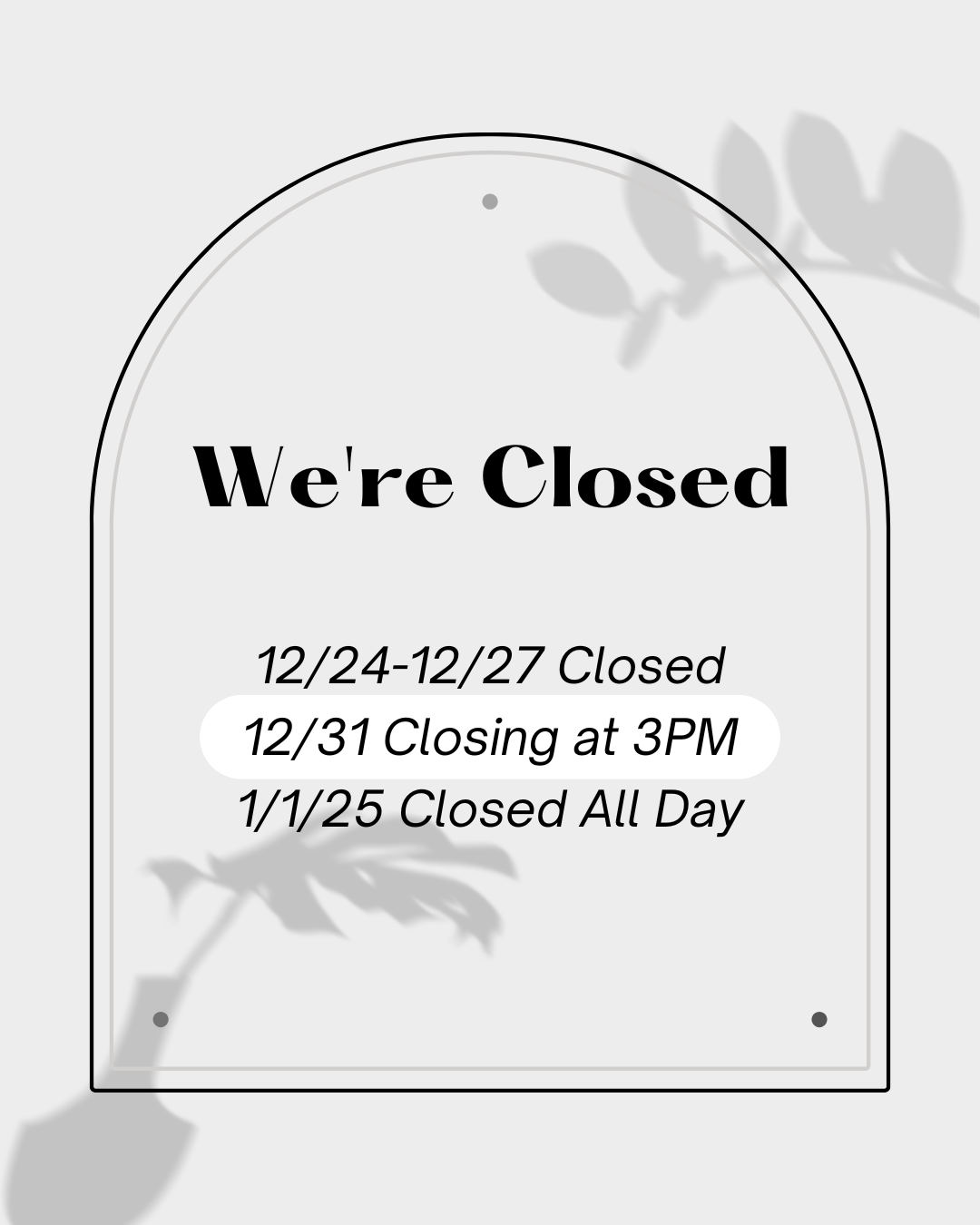
The American Optometric Association encourages patients to have regular eye checks and comprehensive eye exams. This is an effective way to know if you need specialty lenses. If you do, you must be familiar with their uses, care, and maintenance. This will prepare you for your next appointment. Here are the details.
Considerations for Specialty Contact Lenses
Specialty contact lenses are different from regular contact lenses. Talking with your eye doctor about the proper use and care of these lenses is ideal. Your eye doctor will walk you through the steps on proper insertion, removal, and care. It is important to remember this information because specialty lenses are more expensive than regular lenses. You must take the time to learn them so that you can maximize your investment.
Keep in Mind the Special Steps
Inserting specialty lenses is more complicated than inserting regular lenses. One example is inserting scleral lenses. You must fill these lenses with saline solution first before putting them on. This important step provides a solution vault between your lens and cornea. The vault is necessary for eye health, vision correction, and comfort. Fill them completely to prevent bubbles from forming when you insert the lenses. The bubbles might obstruct your vision or cause pain.
Always Use Proper Products and Tools
It is ideal to review specialty lens wear and care with your eye doctor. You can also read the instructions that come with the contact lenses. Consider the suggestions for cleaning products for your lenses. You should always remember any tools that can help put in, remove, and store your specialty lenses. Using these tools can prevent damage to the lens.
Follow a System for Your Lens Insertion Every Day
Remember that your specialty lenses are not interchangeable. Your eye doctor will custom-fit each lens to each eye. There is often a slight difference in lens fit for each eye. You must remove and insert your lenses in a set order each day. This can prevent mixing the lenses up. The right lens may come with a mark so you can see the difference between the right and left contacts.
Practice Proper Contact Lens Care
Clean and disinfect the contact lenses before you put them back in your eyes. Many types of cleansing systems are available. But the product you use depends on the type of specialty contacts that you have. Your choice of product depends on whether your eyes form protein deposits or you have allergies. Your eye doctor can guide you in choosing the correct cleaning solution. Proper cleaning and storage can prevent harmful eye infections.
You must always disinfect your contact lenses first before wearing them again. Keep your eye checkup appointments. Doing so will ensure your contact lenses fit. If you have single-use specialty contact lenses, you should not sleep while you have them on.
Knowing how to care for and clean your specialty contact lenses can help you maximize their use. At Long View Eye Center, we always provide our clients with high-quality eye care products and treatments. Feel free to visit our center in Lewisburg, West Virginia, for an in-person consultation.
Call 304-520-3630 to schedule an appointment or inquire about the different specialty contact lenses we have on hand.








